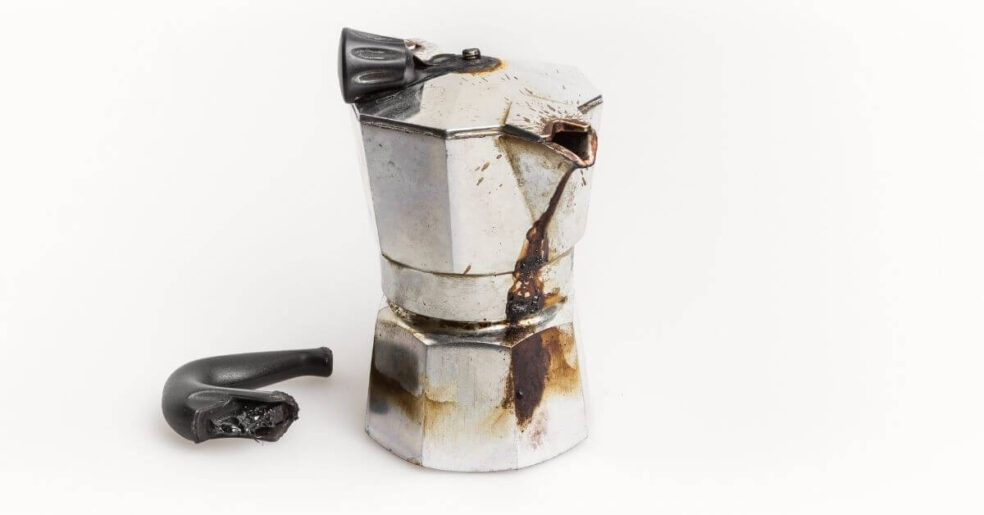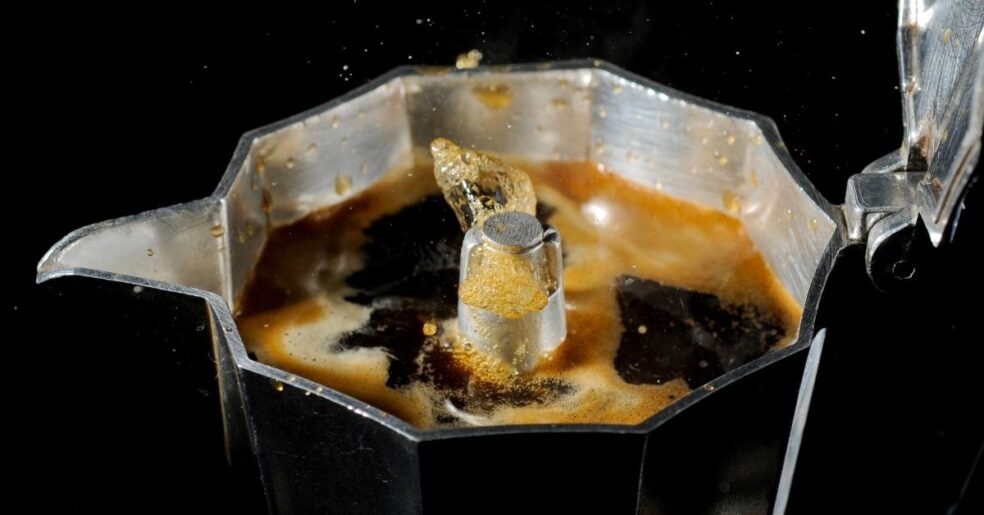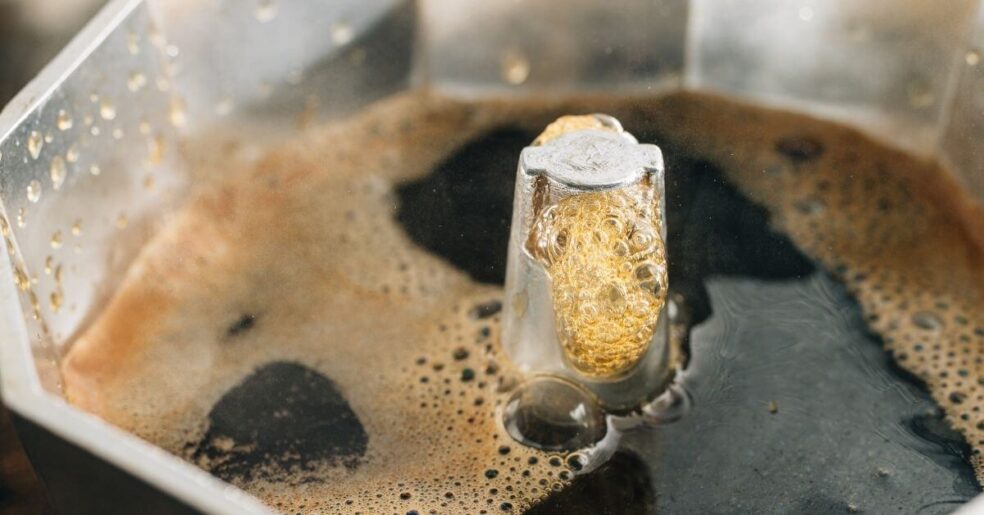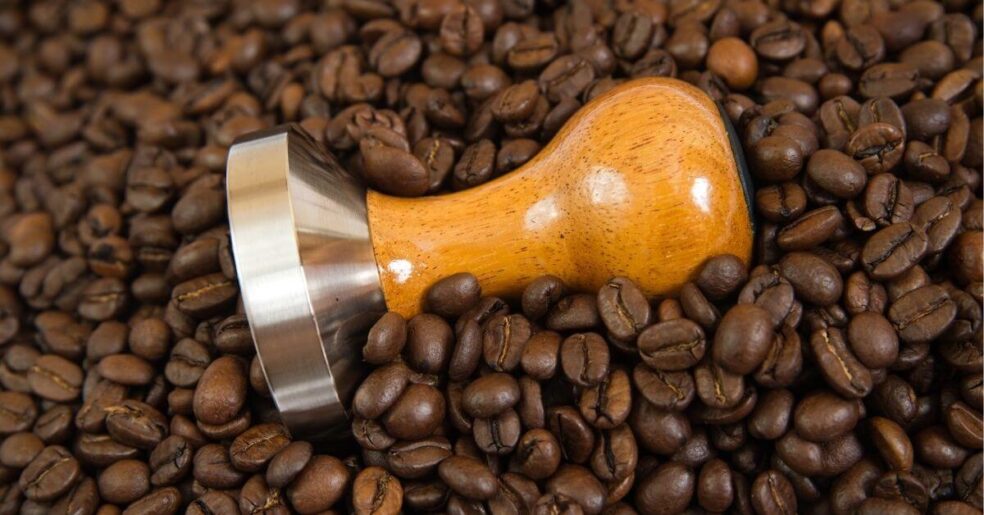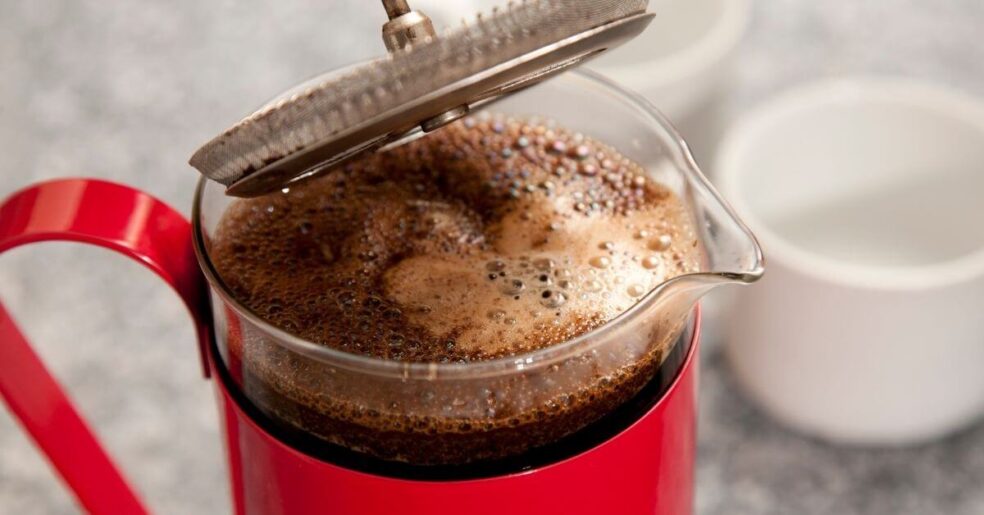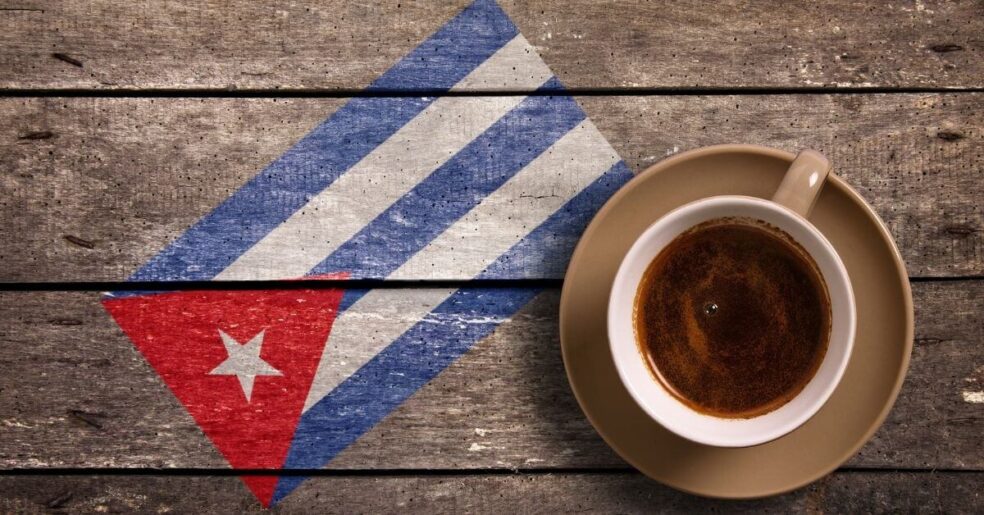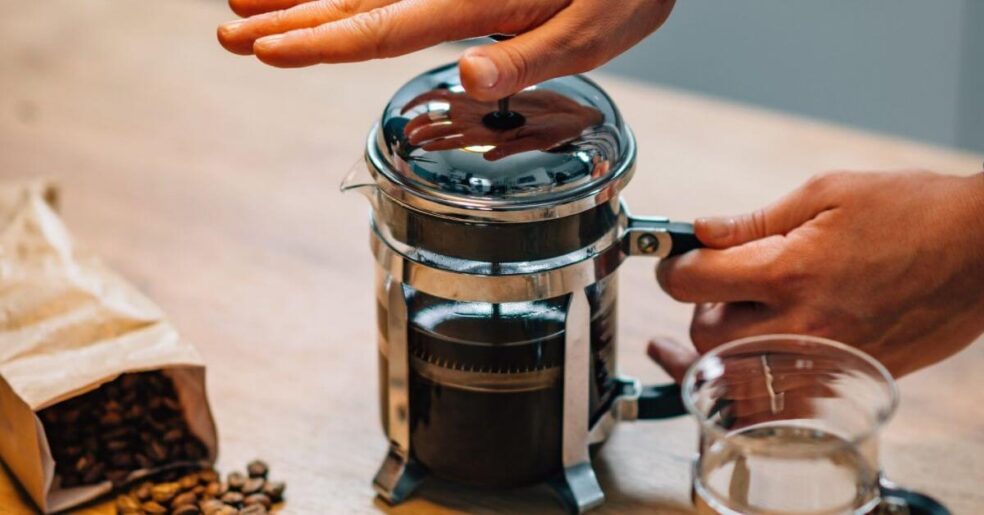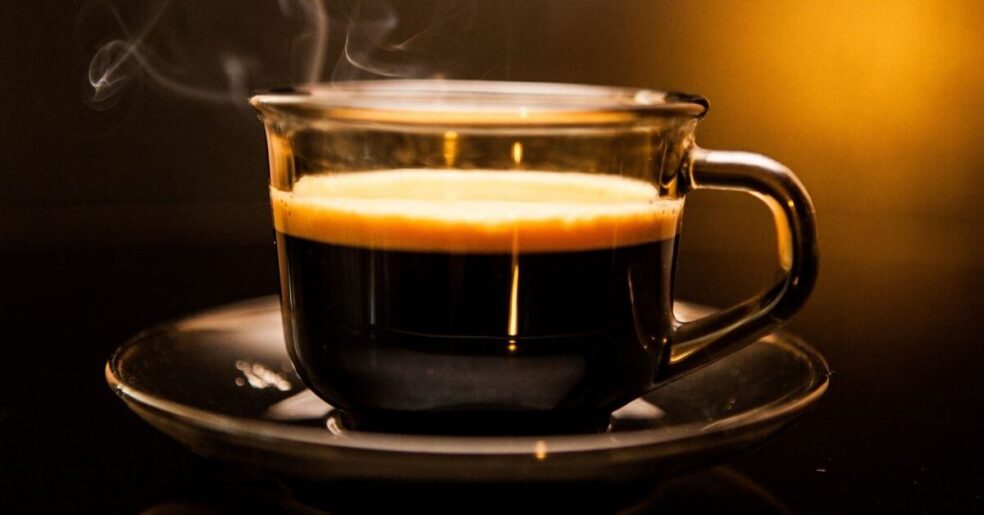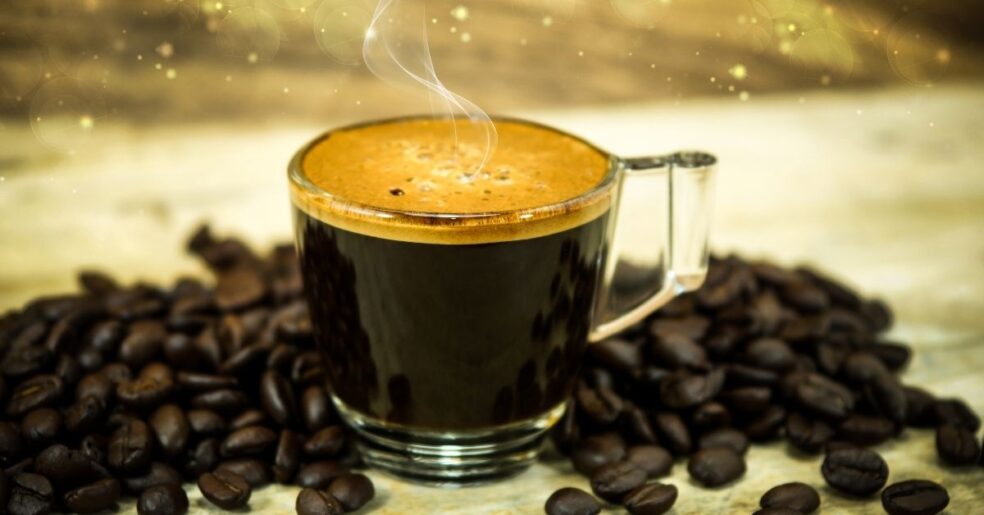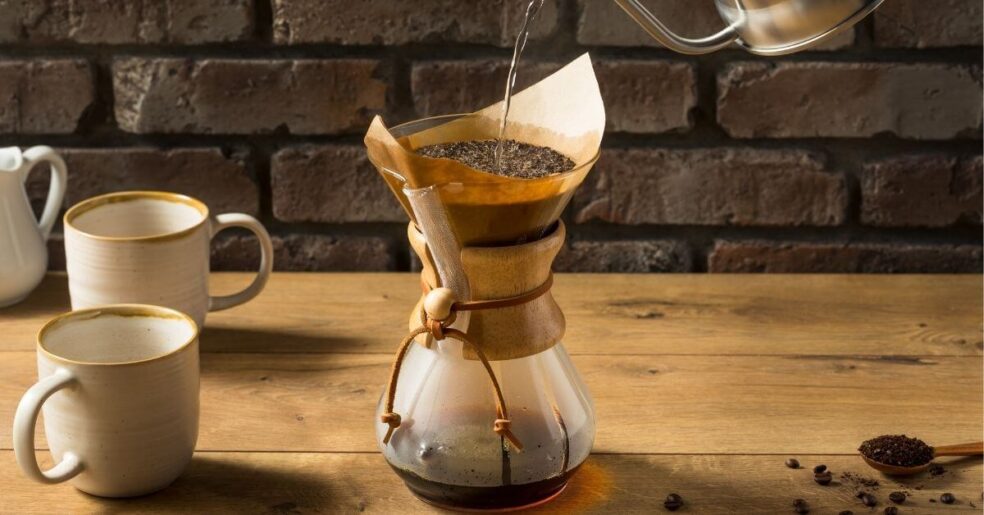Moka Pots are known as Stovetop Espresso makers because they use pressure to brew a strong and robust coffee. But this pressure also carries some risks and leads many people to ask if a Moka Pot can explode. Although it’s a rare occurrence, it is possible for a Moka Pot to explode. This happens when the Moka Pot builds up a lot of internal pressure and is unable to relieve it. There are various reasons excess pressure can accumulate, but …
Should You Use Hot Or Cold Water In A Moka Pot? Brewing Results!
Moka Pots are simple brewers that make delicious coffee, but there’s a lot of debate and questions about the best way to use them. One of the most common questions is whether you should use hot or cold water in a Moka Pot coffee. Ideally, you should pre-heat your water to 70°C (158°F) before adding it to your Moka Pot. If you start with cold or room temperature water, some desirable flavors won’t be extracted from the coffee grounds. On …
Why Does My Moka Pot Sputter? (And 6 Easy Ways To Fix It!)
Moka Pots are known for being durable and easy to use, but sometimes these coffee makers can sputter unexpectedly. But why does a Moka Pot sputter? In general, Moka Pots sputter because they’re unable to build up sufficient internal pressure. These brewers operate by using pressure to force the water up. However, if the Moka Pot is not sealed properly, pressure will escape and it won’t be able to push the water out in a constant stream. While improper sealing …
Should You Tamp A Moka Pot? Here’s What You Need To Know!
We often hear Moka Pots referred to as Stovetop Espresso Makers. This leads many people to wonder if you should tamp a Moka Pot like a regular espresso maker. As a rule, you should not tamp the coffee grinds in your Moka Pot. Moka Pots don’t generate enough pressure to force water through compacted coffee grounds. Because of this, tamping may increase the internal pressure of your Moka Pot to the point that it becomes damaged or even explodes. While …
Can You Leave Coffee In A French Press? And What Happens If You Do!
You’ve just brewed the perfect batch of French Press coffee, but there’s a good chance you have some leftover. Leaving excess coffee in a French Press may seem like no big deal, but it can seriously affect your coffee’s flavor. In general, you should not leave coffee in a French Press after you’ve plunged it. Leaving it in the beaker will allow the water and coffee grinds to continue interacting, which will create an over-extracted and bitter-tasting drink. However, this …
Is Cuban Coffee Stronger Than Regular Coffee? Proof Inside!
Cuban coffee is known for being strong and intense. While American-style coffee is considered weak and watery by comparison. But just how much stronger is Cuban coffee than regular American coffee? On average, Cuban coffee is approximately twice as strong as American coffee when measured in Total Dissolved Solids (TDS). However, the exact strength of each coffee depends on several factors including, brewing method, roast type, and the ratio of coffee grinds to water used. Now you may be wondering …
Why Do French Presses Explode? (And How To Prevent It)
A French Press is an incredibly versatile device that can brew coffee and do many other things. But one thing you don’t expect it to do is explode! French Presses can potentially explode if they’re under too much pressure. When fine coffee grounds clog the filter screen, pressure can build and prevent the plunger from being pressed downward any further. If you continue to press harder, the French press can explode. If this happens, you could have a huge mess …
Full Bodied Coffee: A Richer, Thicker, And Delicious Cup Of Coffee!
When I first entered the coffee world, I spent quite a bit of time searching for coffee beans to try. Descriptions like “rich” or “full-bodied coffee” always sounded high-quality but it took some time before I understood what made a coffee full-bodied and what was so great about it. In a nutshell, a cup of full bodied coffee is more viscous and has a heavy mouthfeel. It’s richer, thicker, and contains more coffee oils than watery coffee. There are a …
Coffee Espresso Temperature. Here’s What To Do To Brew A Unique Cup!
Pulling great espresso shots is an art and a science. Grind consistency, water pressure, tamping, and extraction time are all important factors that require special equipment or experience to get right. But another crucial factor is your espresso temperature. Slightly different temperatures can have a huge impact on the caffeine concentration in your drink, the body of your coffee, and even how much coffee flavor is extracted from your beans. Yeah, it’s that important! In this post, we’ll talk about: …
Pour Over vs Drip: Which Is The Better Brew?
For the longest time in the U.S, the most common way to brew coffee was with a standard electric coffee pot. But with the rising popularity of single-origin and specialty beans, the pour-over method has been increasing as well. If you’re a casual coffee drinker, you may be wondering what’s the difference between pour-over vs drip coffee and which one is better? Pour over and drip coffee are basically the same. They both involve pouring hot water over ground coffee …

